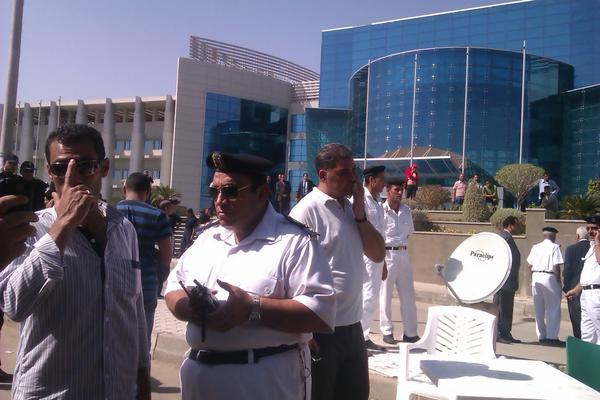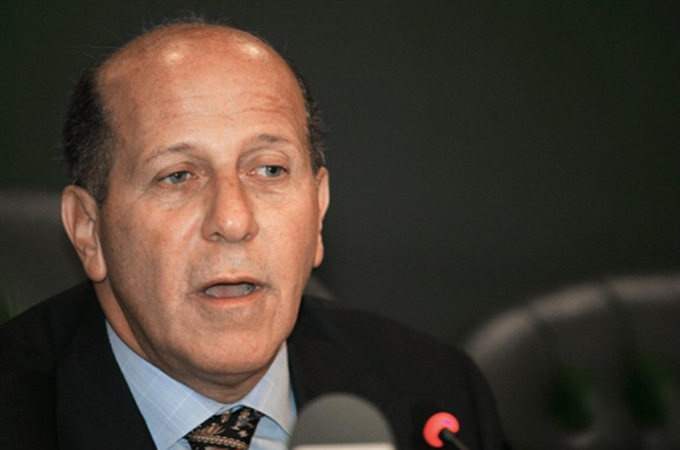Rasha Abdel Aal, Head of the Egyptian Tax Authority (ETA), announced that Egypt’s tax revenues have increased by more than 40% without imposing any additional burdens on taxpayers. She attributed the significant growth to the successful integration of informal businesses into the formal economy.
Speaking at a seminar co-hosted by the Egyptian-Lebanese Businessmen Association, Abdel Aal emphasized the Authority’s commitment to fostering stronger partnerships with the business community. She said the current approach is rooted in facilitation and support, as part of what she described as a “fresh start” aligned with the first phase of newly introduced tax relief measures.
Abdel Aal explained that the rollout of these measures is being closely monitored by dedicated teams within tax offices and districts, supported by regular field visits and feedback surveys from stakeholders. Constructive input from taxpayers, she noted, is actively being incorporated into policy adjustments.
To further streamline processes and address taxpayer concerns, several specialized units now report directly to her office. These include an Investor Support Unit, a Prior Opinion Unit offering expert consultations and feasibility studies, and a Complaints Unit dedicated to resolving issues in real time.

Internal procedural guides have been distributed to ensure consistent application of the relief measures by staff, while user-friendly external guides have been made available to help taxpayers understand the new processes and maximize available benefits. Abdel Aal highlighted a shift in how tax auditors are assessed: effectiveness is now measured by their ability to resolve disputes constructively and provide flexible support.
She added that the current phase of the tax relief initiative includes a wide-ranging package aimed at resolving outstanding tax disputes across all taxpayer categories. Planning is already underway for the second and third phases, which will build on feedback from the business community and address ongoing challenges. “There’s still a long road ahead,” she said, “but with teamwork, we can reach the light.”

Fathallah Fawzy, Chairperson of the Egyptian-Lebanese Businessmen Association, welcomed the measures, calling them a major opportunity for small and medium enterprises (SMEs) to expand. He underscored the private sector’s pivotal role in economic development, increasing its share in GDP, and boosting exports, local production, and formal investment flows. Fawzy also praised the ETA’s leadership for its responsiveness and modernization of procedures, which he said supports greater investor confidence and growth.
Ramy Fathallah, Head of the Egyptian-Lebanese Businessmen Association’s Tax and Finance Committee, echoed those sentiments, noting a “clear and unprecedented” transformation in the relationship between taxpayers and the Authority. He attributed this shift to new policies, a refreshed mindset, and efforts to rebuild trust, which have collectively helped widen the tax base and accelerate the formalization of previously unregistered businesses. He also commended the Authority’s swift response to member concerns and announced plans to formalize collaboration through a protocol that would establish a permanent framework for addressing tax-related issues.




